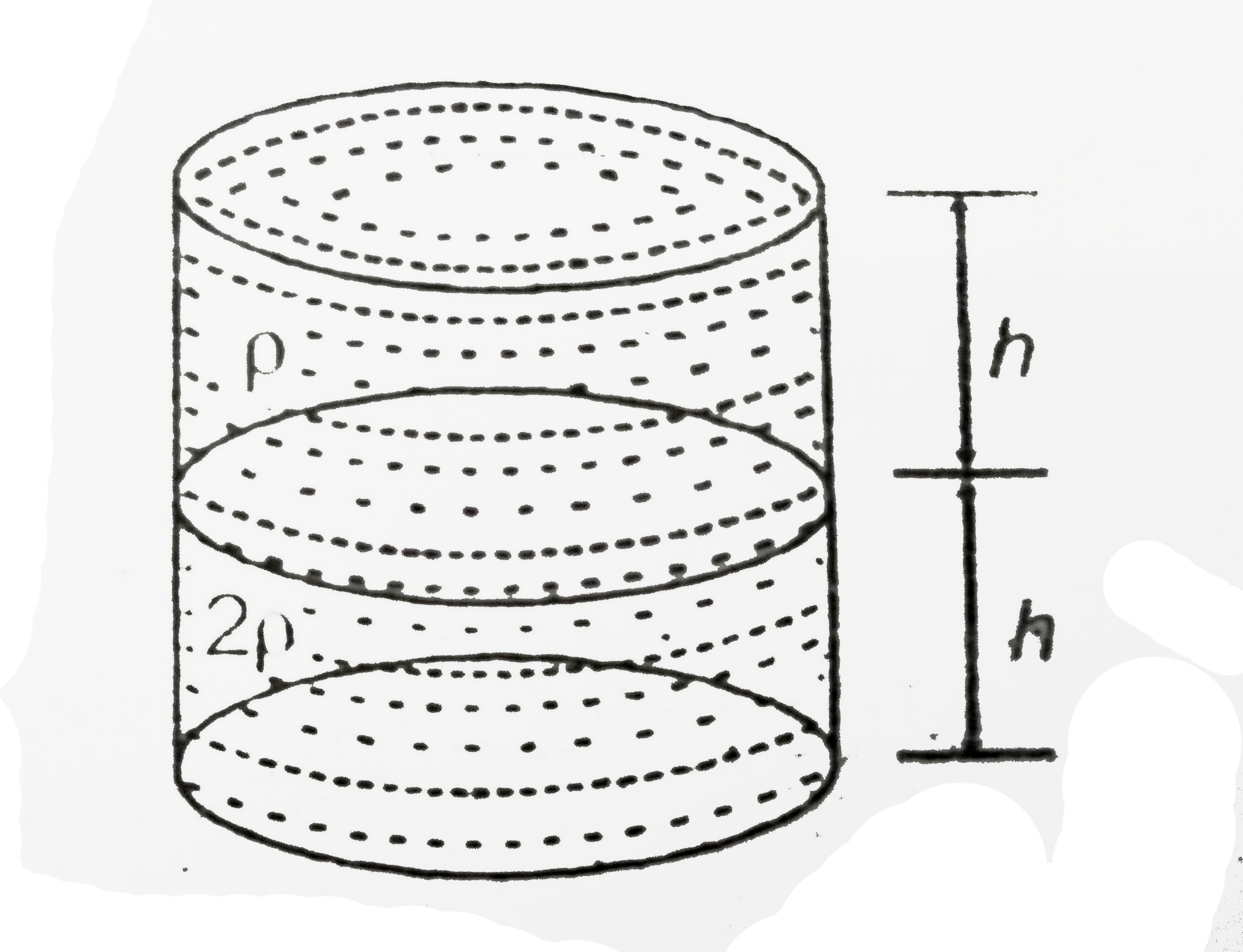Liquids generally have lower density as compared to solids but you must have observed that ice floats on water. Find out/why.
Step-by-Step Solution:
1. Understanding Density:
- Density is defined as mass per unit volume (Density = Mass/Volume). Generally, solids have higher density than liquids because their particles are packed closely together.
2. Identifying the Substances:
- In this case, we are comparing ice (solid) and water (liquid). Ice is the solid form of water.
3. Properties of Ice:
- Ice has a unique structure due to hydrogen bonding. When water freezes, the hydrogen bonds arrange the water molecules in a way that creates a crystalline structure with larger spaces between the molecules.
4. Volume Comparison:
- Because of the arrangement of molecules in ice, the volume of ice is greater than the volume of the same mass of liquid water. This means that for the same mass, ice occupies more space.
5. Density of Ice vs. Water:
- Since density is mass divided by volume, and ice has a greater volume for the same mass compared to water, it results in ice having a lower density than liquid water.
6. Conclusion:
- Because ice is less dense than water, it floats on the surface of the water.
Final Answer:
Ice floats on water because it has a lower density than liquid water due to the larger spaces created by hydrogen bonding in its crystalline structure.
---
- Density is defined as mass per unit volume (Density = Mass/Volume). Generally, solids have higher density than liquids because their particles are packed closely together.
- In this case, we are comparing ice (solid) and water (liquid). Ice is the solid form of water.
- Ice has a unique structure due to hydrogen bonding. When water freezes, the hydrogen bonds arrange the water molecules in a way that creates a crystalline structure with larger spaces between the molecules.
- Because of the arrangement of molecules in ice, the volume of ice is greater than the volume of the same mass of liquid water. This means that for the same mass, ice occupies more space.
- Since density is mass divided by volume, and ice has a greater volume for the same mass compared to water, it results in ice having a lower density than liquid water.
- Because ice is less dense than water, it floats on the surface of the water.
Ice floats on water because it has a lower density than liquid water due to the larger spaces created by hydrogen bonding in its crystalline structure.
Topper's Solved these Questions
Similar Questions
Give reasons : Gases have lower density compared to that of solids or liquids.
View SolutionExplain why does iso-pentane have a lower boiling point as compared to that of n-pentane?
View SolutionIn order to find the density of a solid we have to find its :
View Solution
The figure above shows a solid of density dS floating in a liquid of density dL.
The same solid floats in water with 3th5 of its volume immersed in it. Calculate the density of the solid. (density of water = 1 g cm−3 )View SolutionA cylindrical wooden float whose base area S and the height H drift on the water surface. Density of wood d and density of water is ρ. What minimum work must be performed to take the float out of the water ?
View SolutionVapour density of a gas having formula[CO]x is 70. Find out X
View SolutionA container of a large uniform cross-sectional area A resting on a horizontal surface holds two immiscible, non viscous and incompressible liquids of densities d and 2d, each of height H/2 as shown in figure. The lower density liquid is open to atmosphere. A homogeneous solid cylinder of length L(L<H2), cross-sectional area A/5 is immersed such that it floats with its axis vertical of the liquid-liquid interface with length L/4 denser liquid. Determine
(a) density D of the solid and
(b) the total pressure at the bottom of the container. (Atmospheric pressure =P0).
 .View Solution
.View SolutionA small quantity of a liquid which dows not mix with water sinks to the bottom at 20∘C, the densities of the liquid and water being 1021 and 990kg/m3, respectively. To what teperature must the mixture be uniformly heated in order that the liquid forms globules which just float on water ? the cubical expansion of the liquid and water over the temperature ranges is 85×10−5/K and 45×10−5/K respectively.
View SolutionA container of cross-section area A resting on a horizontal surface, holds two immiscible and incompressible liquid of densities ρand2ρ as shown in figure. The lower density liquid is open to the atmosphere having pressure P0. The pressure at the bottom of the container is
 View Solution
View SolutionA wire having a linear density 0.1kg/m is kept under a tension of 490N. It is observed that it resonates at a frequency of 400 Hz. The next higher frequency is 450 Hz. Find the length of the wire.
View Solution
